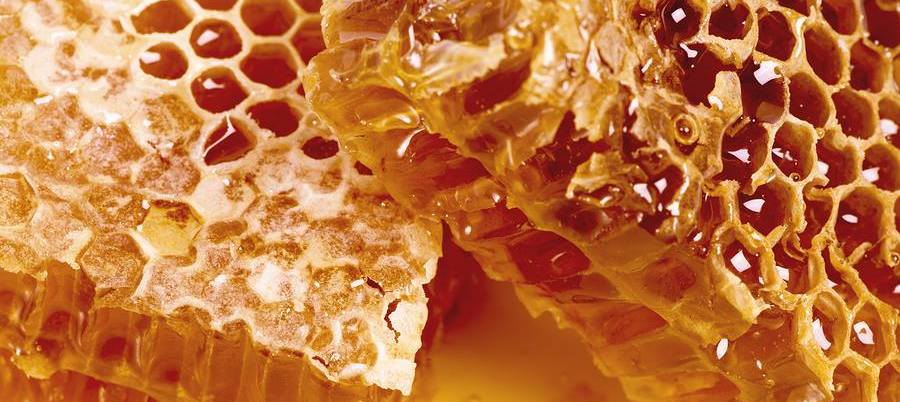Talks and Games
The talks are classroom based sessions. The games are active learning

The talks are aimed at KS1 & KS2 and based around honeybees. I can tailor subject delivery to complement a school's objectives. Honeybees can form a link between subjects and provide opportunities for learning outside the classroom setting.
A talk is a the basis. See the the options below. I can add in a craft element or work with the school to integrate the talk into a school activity or project.

Brilliant Bees
This talk start with what are insects. Honeybees are a type of insects. We explore other insects the students may know and compare them. Then we see what are honeybee's cousins and why they are different honeybees. We look at their anatomy. Then we discover the honeybees life cycle and the jobs they do before we seem them on our flowers.
We have paper jigsaws. The student reassemble them, as an option, colour them in. This reinforces the anatomy that they have just learned. There is Eric the half a bee, draw, cut out and colour in a bee to take home.

Trees & Bees
This talk is about how trees are important to honeybees. This talk was developed for the National Forest "Black to Green" project. We start with Honeybees and the difference between them and their cousins the Bumblebees. Next we cover the life cycle. Then we talk about the sequence of trees as they come out of the winter and where they help the bees. The last element is swarming. What it is and why it happens.
This talk provides the opportunity for the student, either before or after the session, to identify trees around the school or their homes. We can integrate a tree search in the school grounds

Pollination
This presentation concerns what part bees play in pollination. We first explore the Honeybees life cycle. The bees success depends on pollen and nectar from floral sources. We see how flowers arrange for nectar as a payment to the bees of spreading pollen from plant to plant. We talk about other pollinators. We discover why we need diverse sources of pollen for our pollinators.
The session provides the opportunity for the students to outside to find flowering plants and identify them and also to find and identify pollinating insects. There are many and are easy to see,

The Hive Game
The students need to have been through on the talks so they have an understanding of the bee's life cycle. As additional element can to the making of "hats" from cards so that roles can be recognised. We need plenty of room for this session. The school hall, gym of even outdoors would be suitable. We use PE mats to define a hive. The students are encouraged to remember the bees roles explained in the talk. The students are divided into the bee roles. Buckets filled with plastic balls are set out around the hall. The buckets are flowers, the balls nectar/pollen.
In the first game the students act as bees, the bees grow and forage and the hive gets full. The second evolution. Black balls are introduced into the buckets. These represent pesticides. We have the kids picking up black ball behave differently. The hive "dies" as a consequence. During the two exercises we stop the action to get the kids to examine what is going on. It is a powerful piece of work but fun nonetheless.
We have a debrief to close the session so the students go away on a positive note.

Foraging for Facts Game
We need plenty of room for this session. The school hall, gym of even outdoors would be suitable. We use PE mats to define a hive. If you remember the 1970s kids game show called "Runaround" you will already know the format of this game. Three answer stations are set out around the venue. A questions is asked. It has multiple choice answers. The students are given a short time to run to the answer station they think is correct. The answer is revealed and a short explanation is given. The students are reset and the next question from the pool is asked.
The pool of question can be arranged to support the objectives of the wider curriculum. This a great piece of kinetic learning.
The talks provide a basis to integrate different aspects of the curriculum. There is funding available to carry out some of the projects. Here are a few ideas:
Have student film insects and flowers and make a story.
Create a presentation and show it at school assembly.
Have students collect amazing Honeybee facts. Interesting in itself
Use amazing facts to form basis for maths quiz
Do a bug hunt
Write a poem
Set aside part of school grounds or build raise beds for flowers and/or vegetables. (Funding available via Food for Life scheme)
To discuss the potential for your school, please email info@thebeefarmer.co.uk
Click HERE to join the mailing list for news on events, workshops, training and talks before general release.
Note;
I have a enhanced DBS certificate
Independent references on talks are available







